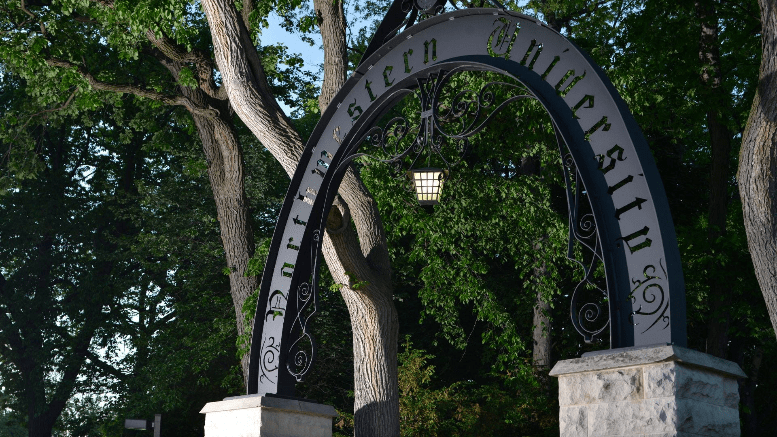Oklahoma law restricting gender status on birth certificates is unjustified, according to new op-ed
May 10, 2022

Susan J. Pearson, professor of History at Weinberg, recently published an op-ed in The Atlantic in protest against Oklahoma’s decision to restrict nonbinary gender markers on birth certificates.
In the article, Pearson argues that the inclusion of nonbinary status on birth certificates is in line with historical adjustments to the document, including the removal of information about illegitimacy, adoption, and race. As social norms have changed, the United States has been flexible when deciding what is necessary to be included in the document.
Pearson writes, “there is a long American tradition of adapting birth documents to better suit the people they identify… In the past, American society has been willing to adjust birth documents to try to protect, rather than harm, those they identify. Will we do so again now?”
Professor Pearson is a historian of the nineteenth- and early twentieth-century United States. She is particularly interested in the cultural politics of reform, the expansion of the state and forms of governance, and the development of American liberalism.
Pearson’s new book, The Birth Certificate: An American History, examines both how birth registration became compulsory in the United States and how birth certificates became trusted forms of identification.
Learn more in The Atlantic’s article, “Oklahoma’s Ban on Nonbinary Birth Certificates Isn’t Just Cruel. It’s Ahistorical.”
Faculty

Joel Mokyr wins Nobel Prize in Economic Sciences
October 13, 2025
Nobel recognizes Mokyr’s theory on sustained economic growth Joel Mokyr, the Robert H. Strotz Professor of Arts and Sciences and professor of economics and history in the Weinberg College of Arts and Sciences at Northwestern University, today (Oct….

Northwestern accelerates quantum research with NVIDIA technology
September 19, 2025
NVIDIA code could help researchers tackle computationally demanding tasks hindering quantum research Northwestern University physicists are using NVIDIA technology to tackle the computationally demanding tasks hindering quantum research. Northwestern theoretical physicist Jens Koch and his research group…

Weinberg College welcomes new faculty members for 2025-2026 academic year
September 18, 2025
Shreeya Behera Assistant Professor of Instruction PhD institution: The Ohio State University Previous title and institution: Data Scientist at Pandora Bio, Inc. Home department: Statistics and Data Science Shreeya Behera is a mathematician and data…

Weinberg College faculty and graduate students recognized for excellence in teaching
July 2, 2025
Each year, the Weinberg College of Arts and Sciences and the Office of the Provost recognizes members of the College’s tenure-line and teaching-track faculty for excellence in teaching. Weinberg College in addition recognizes the contributions…



